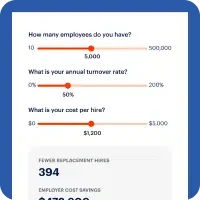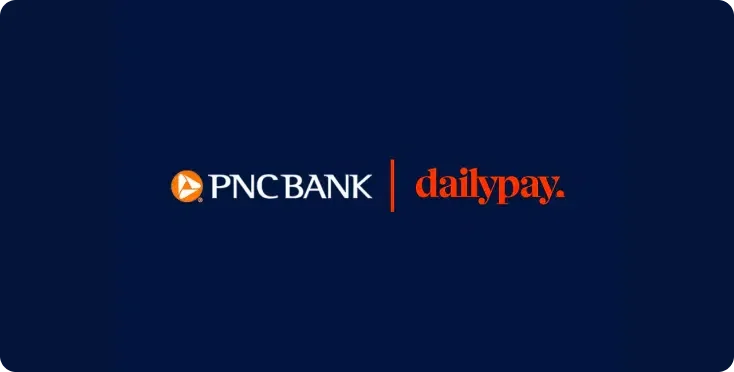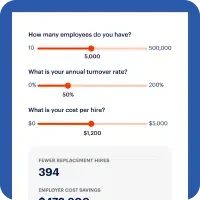Loyal employees are engaged employees. Engaged employees create better business outcomes than disengaged employees. These are facts.
Still, poll after poll suggests that employees are largely disengaged, and employers might not be doing enough to rectify the situation.
According to the American Management Association, declining employee loyalty is the culprit of 80% of disengagement, 84% of low morale, and 80% of turnover.
Disengagement plagues the workforce globally. According to Aon Hewitt’s analysis of more than five million employees at more than 1,000 organizations around the world, less than one quarter (24%) of employees are highly engaged and 39% are moderately engaged.
Nationally, engagement rates aren’t any better. Gallup measures the percentage “engaged” among the U.S. working population has remained at around one-third (currently 33%) since Gallup began measuring it in 2000.
Why aren’t employers taking action?
If employee engagement levels haven’t changed in the last 18 years, and it remains consistently low, why haven’t employers taken action?
Kronos estimates that 16% of HR leaders think a lack of budget is the primary obstacle to improving employee retention in the next 12 months.
This type of thinking is short-sided though. The Aberdeen Group estimates that companies with engaged employees see 26% greater annual increase in revenue.
As an employer, how can I improve employee loyalty?
The first step is learning how to prioritize engagement as a competitive, strategic point of differentiation within the marketplace. Listen to what your employees are asking for.
Reciprocate gratitude
According to Job Applicator Center, only 52% of employees feel confident their employer will repay them for their loyalty and nearly 20% of employees don’t feel confident that an employer will take care of them.
Employers that step up and show recognition when it’s due has a meaningful impact. This can be done in a number of ways. You can verbally express gratitude. There are free apps like YouEarnedIt that allow employees and employers to give each other kudos for good work done. Or you can provide perks like DailyPay that show instant, monetary, gratification for your employee’s hard work.
Better management
One of the most important components of employee loyalty is confidence in leadership. In many organizations, managers are employees that have risen through the ranks due to stellar personal performance or tenure. Unfortunately, these traits don’t necessarily make a good manager or coach.
Gallup research has found that only 10% of people are capable of being great managers, naturally. But companies choose candidates with the right talent for the job only 18% of the time.
Take time to assess your management. Employees don’t quit jobs, they quit managers. And attrition is expensive.
Curate culture
While free lunches or happy hours might be the easiest way to think about company culture, that’s not exactly what your employees deem important. Rather, open communication, strong leadership and more control over a strong work-life balance are genuinely what your employees consider the foundation of a strong culture. 47% of people actively looking for new positions say company culture is the main reason.
Fear of missing out on your company’s amazing company culture is a way to cultivate loyalty.
Enhance financial wellness opportunities
According to Gallup’s recent State of the American Workplace report, employees categorically say they would be willing to leave their current job for one that offers greater flexibility and financial rewards.
Benefits and perks should follow a lifecycle approach. Do your benefits and perks take into account employees’ changing needs. Do you provide support if your employees feel financially stressed? According to MetLife, 53% of employees said that financial planning programs are important for increasing loyalty. Coincidentally, improving your employee’s financial health can also improve productivity.
DailyPay as a solution for employee turnover
Loyal and engaged employees make it a point to show up to work and do more work — highly engaged businesses experience a reduction in absenteeism, an increase in productivity.
DailyPay partners experience an uptick in engagement and loyalty.
- 73% of DailyPay users say they are motivated to come to work.
- Companies have seen on average a 41% reduction in turnover.
- People are 1.9x more likely to apply for a job that pays daily than a job that pays weekly.
Learn how DailyPay can improve your employee loyalty and engagement today.













